India celebrates National Education Day in the memory of Abdul Kalam
Sat 11 Nov 2017, 18:22:01
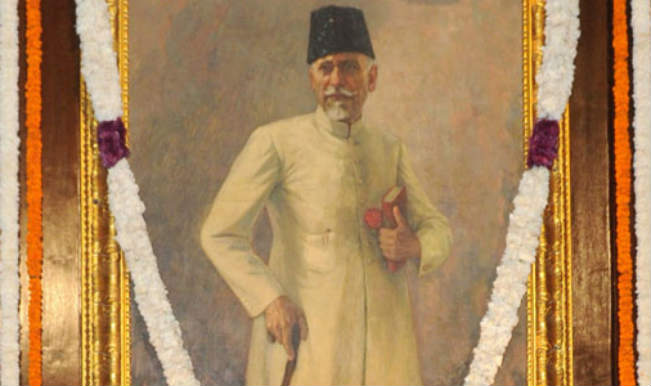
Maulana Abdul Kalam Azad emphasized on quality education as he considered schools to be laboratories which produce future citizens of the country.
On November 11 every year, India celebrates the national education day with institutions across the nation carrying out competitions, seminars and workshops
Maulana Abul Kalam Azad was the country's first education minister after India got independence from the royally British rule. He was the education minister from 1947 to 1958. Maulana Abul was born on November 11, 1888, and the National Education Day is celebrated every year in his memory.
Maulana Azad called attention to on quality education as he visualized schools to be laboratories which transform ordinary human beings into
future civilized people for the welfare of the nation. He sturdily believes in common primary education, girls' education, free and compulsory education for all children up to the age of 14.
future civilized people for the welfare of the nation. He sturdily believes in common primary education, girls' education, free and compulsory education for all children up to the age of 14.
His actual name was Abul Kalam Ghulam Muhiyuddin. He started a weekly journal in 1912 in Urdu called Al-Hilal to amplify the revolutionary recruits and was felicitated by India's highest civilian honor, the Bharat Ratna in 1992. Most important cultural and literary academies in India are established by Azad including the Sangeet Natak Academy, Lalit Kala Academy, Sahitya Academy as well as the Indian Council for Cultural Relations. The first IIT, IISc, School of Planning and Architecture and the University Grants Commission were launched under his term.
No Comments For This Post, Be first to write a Comment.
Most viewed from National
Most viewed from World
AIMIM News
Latest Urdu News
Most Viewed
May 26, 2020
Should there be an India-Pakistan cricket match or not?
Latest Videos View All
Like Us
Home
About Us
Advertise With Us
All Polls
Epaper Archives
Privacy Policy
Contact Us
Download Etemaad App
© 2026 Etemaad Daily News, All Rights Reserved.

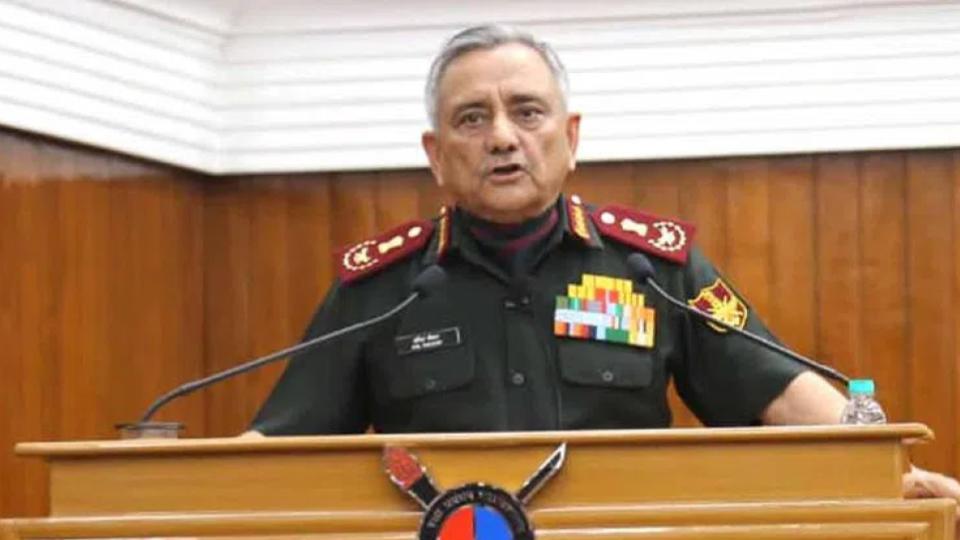
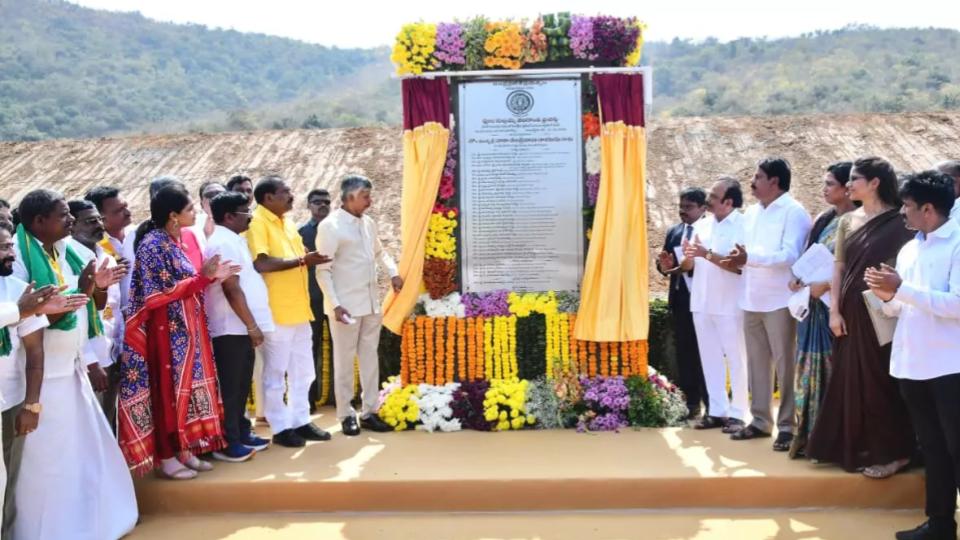

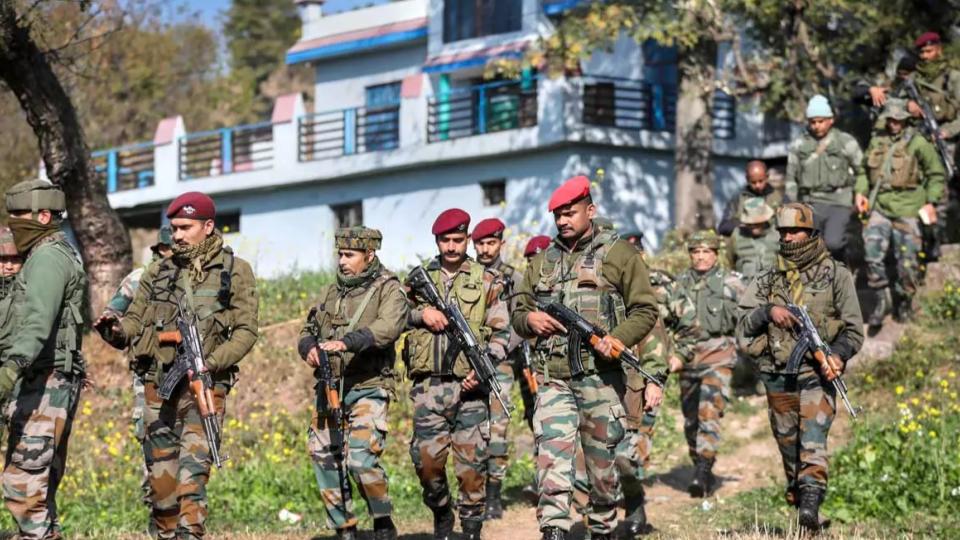





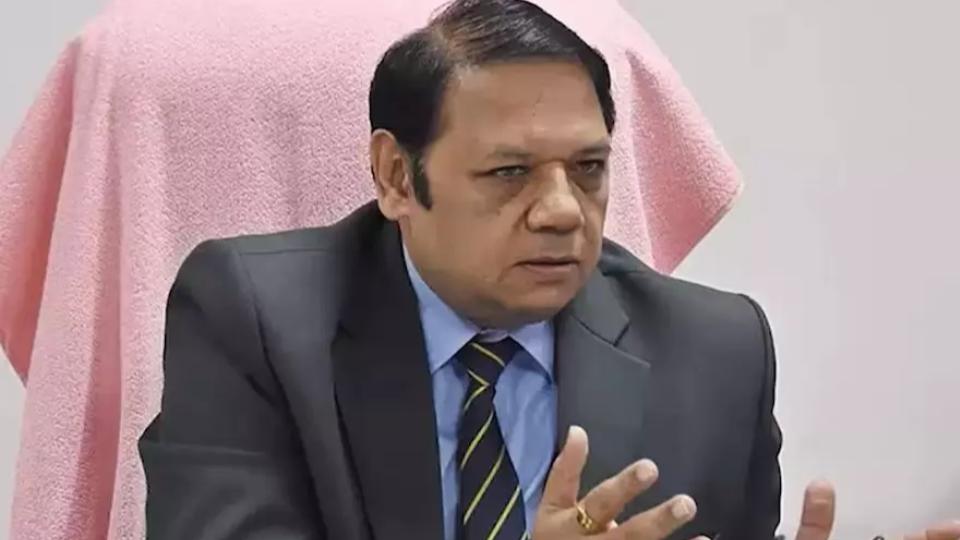

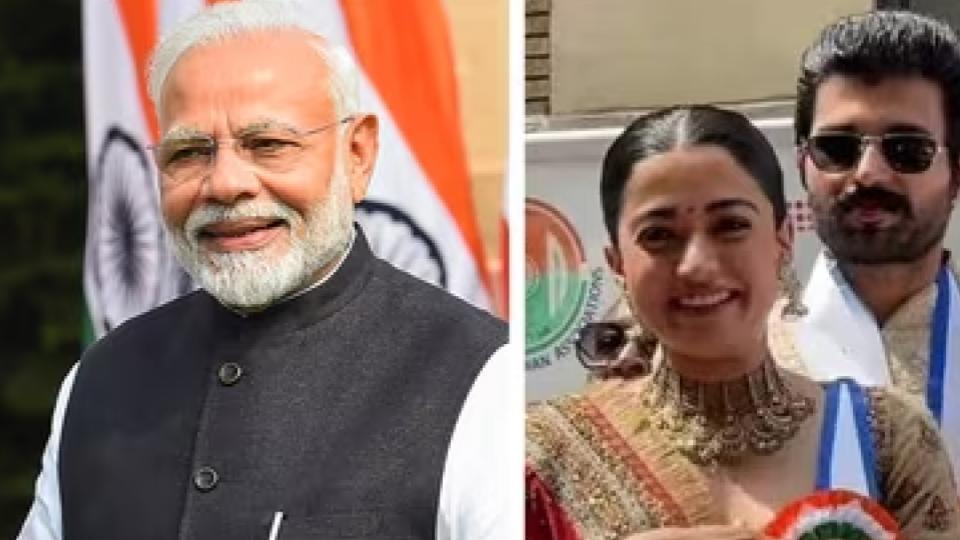
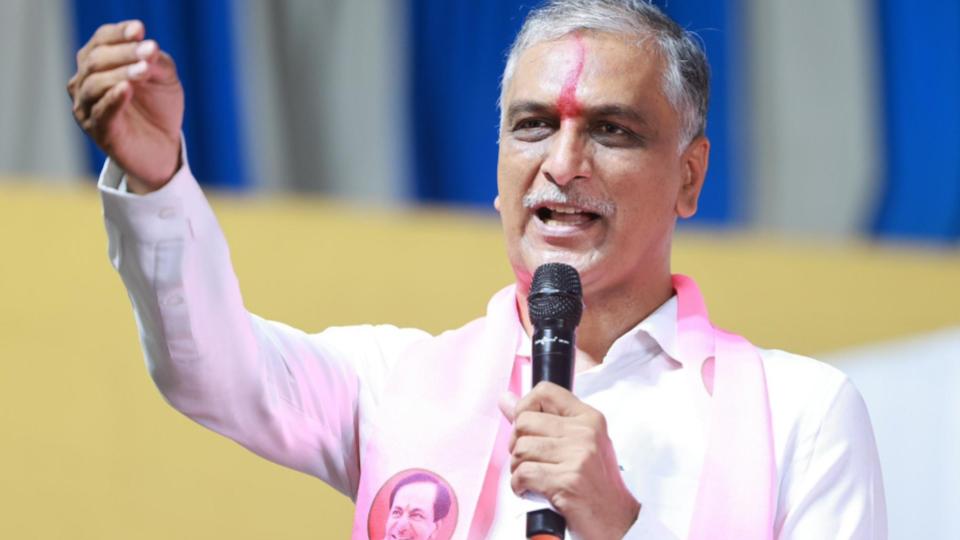


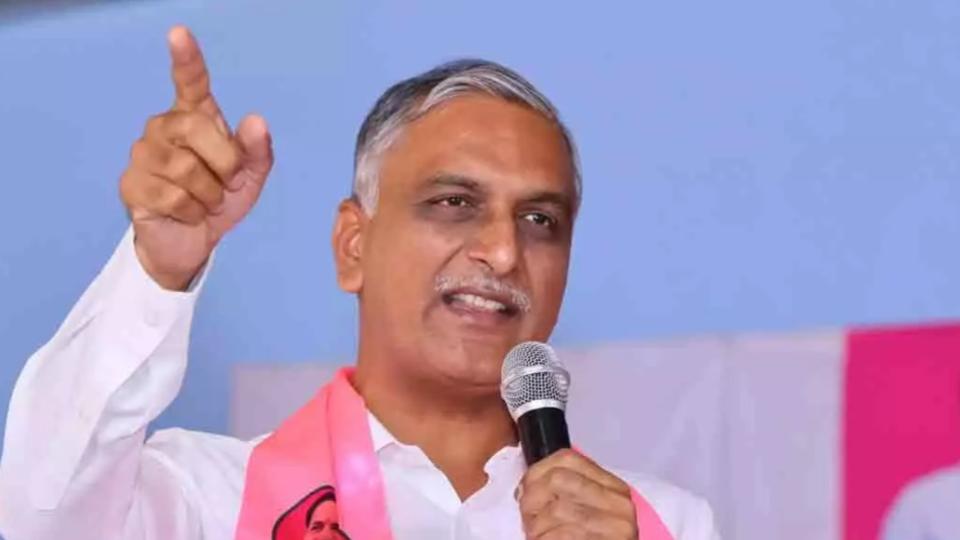






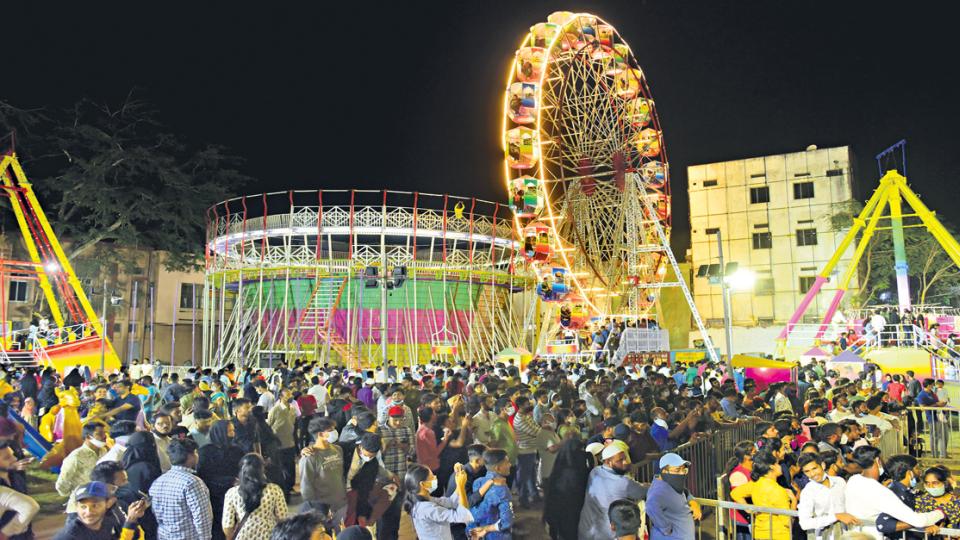













.jpg)
.jpg)
.jpg)


